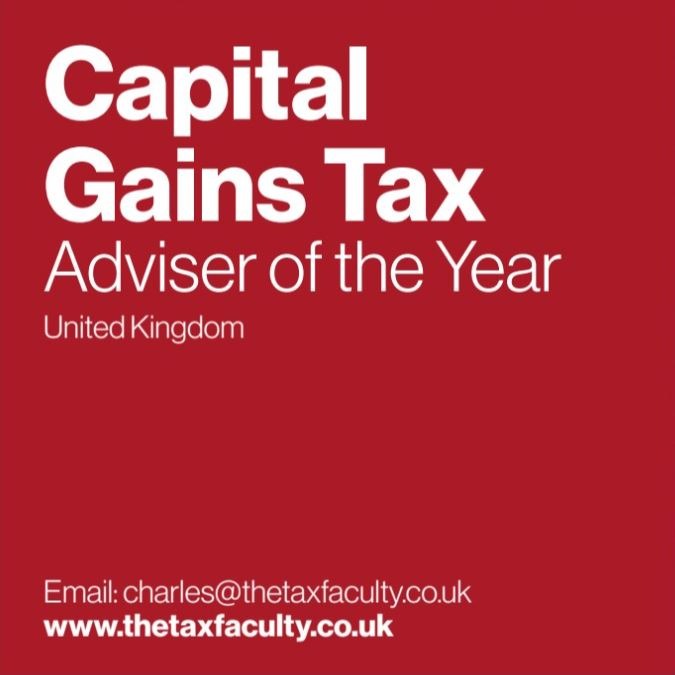Avoid the January Blues
Plan Ahead for Your Tax Return.
HMRCSELF-ASSESSMENTSELF ASSESSMENT
The Tax Faculty
1/3/20253 min read
January can often feel like a gloomy month, but it doesn’t have to be—especially if you plan ahead for your self-assessment tax return. For UK individuals and self-employed professionals,
the January 31st deadline is a key date on the calendar. By tackling your tax return early, you can avoid the stress and even uncover potential savings. Take a look at our top tips for january self-assessment...
Here’s how to get ahead and keep the January blues at bay


Preparation is Key


1. Start Now, Not Later
Procrastination is the enemy of stress-free tax filing. Begin gathering your paperwork early, including income statements, receipts for expenses, and any necessary forms like P60s or P45s. Starting early gives you ample time to address any gaps or discrepancies.
2. Organise Your Records
Keeping accurate records throughout the year makes filing much easier. If your documents are scattered, take some time now to organise them. Digital tools like accounting software can help streamline this process.
3. Double-Check Key Deadlines
The main deadline is January 31st, but remember:
• The paper return deadline was October 31st.
• Payments on account (if applicable) are also due by January 31st. Missing deadlines can lead to penalties, so set reminders to stay on track.
4. Claim All Eligible Expenses
As a self-employed professional, you can deduct allowable expenses to reduce your taxable income. These might include:
• Office supplies
• Travel expenses
• Utility bills (for home offices) Ensure you’re only claiming legitimate expenses to avoid issues with HMRC.
5. Know Your Tax Code
An incorrect tax code can lead to overpayment or underpayment. Verify your tax code through your HMRC account or on your payslip to ensure accuracy.
6. Submit Online for Efficiency
The easiest way to file is online through the HMRC portal. Online submissions are faster, and you’ll receive instant confirmation once your return is submitted. If you’ve never registered, do so as soon as possible to receive your Unique Taxpayer Reference (UTR).
7. Prepare for Payments
Calculate how much tax you owe and ensure you have sufficient funds set aside. If you’re unable to pay in full, contact HMRC to discuss payment plans, such as the “Time to Pay” arrangement.
8. Avoid Common Mistakes
Some frequent errors include:
• Forgetting to declare all sources of income
• Miscalculating expenses
• Entering incorrect personal details Double-check your return for accuracy before submission.
9. Consider Professional Help
If your finances are complex, hiring a tax advisor can save you time and stress. A professional can ensure your return is accurate, help you claim all available reliefs, and even uncover savings you might have missed.
10. Don’t Wait Until the Last Minute
Filing your tax return early means avoiding the rush and potential system crashes on January 31st. Plus, you’ll have peace of mind knowing it’s handled.
Tips for Planning Ahead
Capital Gains Tax Expertise: The Tax Faculty LLP Managing Partner Charles Tateson Named UK Capital Gains Tax Advisor of the Year 2023
The Finance Monthly Taxation Awards recognises the achievements of tax professionals from around the globe.
Winning such an award is no small feat. It is a reflection of hard work, extensive knowledge, and an ability to navigate the intricacies of the UK tax system.
Read more about Charles and the award here.



Contact Us
Contact us today on freephone 0800 0016 878 for a free consultation on all tax issues, or fill out the handy form below and we'll get back to you as soon as possible.
Alternatively, you can email us at info@thetaxfaculty.co.uk or complete the form below.
(Please note, non-UK callers may need to call 0207 101 3845 if your line cannot connect to our 0800 number)
Feel free to contact us through WhatsApp - we accept calls and messages.
Simply click the WhatsApp button below:
The Tax Faculty LLP - info@thetaxfaculty.co.uk
Call us on 0800 0016 878 for a free consultation
Copyright © 2024 The Tax Faculty LLP - All Rights Reserved


